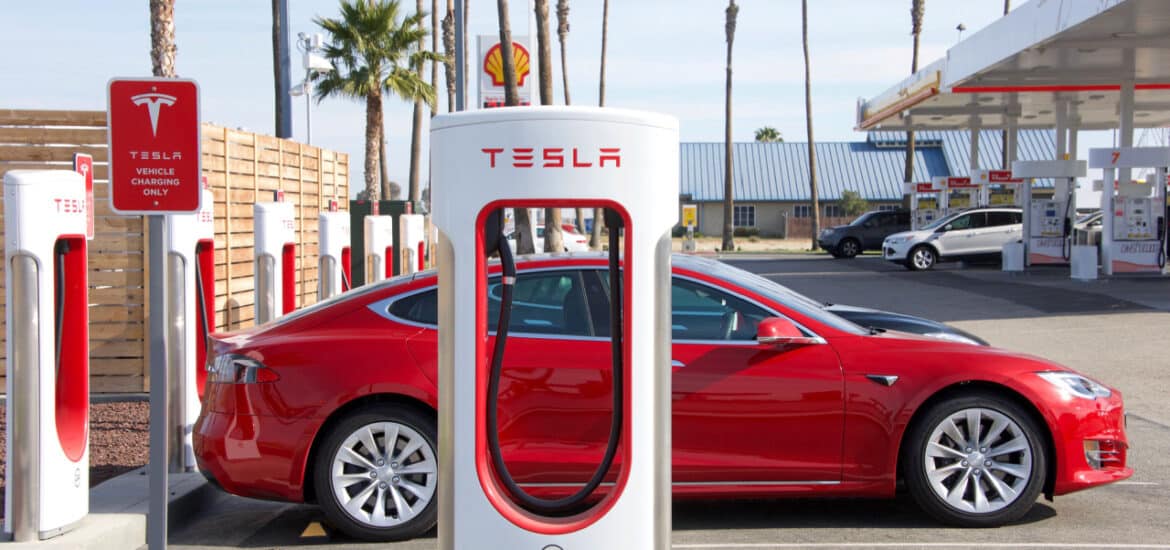Amidst the growing popularity of electric vehicles (EVs), a heated debate ensues regarding their environmental impact. Opinions are divided, with proponents considering them a solution to greenhouse gas emissions, while skeptics see them as a temporary fix with significant concerns.
The core query remains: Are electric cars genuinely more environmentally friendly? Here are ten key factors to consider before taking a stance:
Lower Greenhouse Gas Emissions

Electric vehicles are known to produce zero tailpipe emissions. This reduces air pollution and contributes to improved urban air quality. A study was recently conducted that showed the link between preterm births and a mother’s exposure to car exhaust, so we can hardly ignore the negative impact that ICE cars have on the environment and our health.
Reduced Noise Pollution

I grew up right on the side of a major highway and can testify to the noise pollution that ICE cars produce. EVs don’t have an internal combustion engine, and if you’ve ever been inside one, then you know they are eerily quiet. This is a good thing because they reduce noise pollution in urban areas.
Energy Efficiency

Electric cars are far more energy efficient than ICE cars. This means they convert a higher percentage of the energy from the grid to power at the wheels. Exactly how much more efficient?
FuelEconomy.gov said, “EVs convert over 77% of the electrical energy from the grid to power at the wheels. Conventional gasoline vehicles only convert about 12%–30% of the energy stored in gasoline to power at the wheels.”
Renewable Energy Compatibility

If you live in a state that uses renewable energy sources like solar or wind power, your electric car is much more environmentally friendly than an ICE car on the road. Of course, the alternative is that your state does not use renewable energy, and in that case, owning an EV does not do much good for the environment.
Reduced Oil Dependency

In case you didn’t know, electric cars don’t need oil changes. So if they don’t need oil and run on electricity, they don’t depend on fossil fuels. The less the nation has to rely on fossil fields, the more our energy security will benefit because the nation will be less dependent on foreign supply.
Battery Production

One of the biggest issues around electric cars is their battery production. A lot more emissions are produced during the production of an electric car versus an ICE car, but since an EV produces no tailpipe emissions, the difference breaks even in about eight years. But this means that all the front-loaded pollution will happen in the next few years, and we don’t know what kind of impact this will have on the environment.
Rare Earth Metal Mining

Another issue with battery production is the rare earth metals that are required, including lithium-ion, nickel, and cobalt. Extracting rare earth metals consumes a lot of resources (think hundreds of millions of tons of water) and can lead to habitat destruction, soil, and water pollution in the places where these metals are mined.
Tire Pollution

Electric cars may not produce tailpipe emissions, but they do produce 20% more tire pollution than an ICE car, and this increase is already appearing to impact nature. The number one source of ocean pollution is the rubber from car tires, and with a 20% increase coming from EVs, the effects are unknown and likely to be damaging to the environment.
Battery Disposal

Battery production is one thing, and another is battery disposal. Not only are batteries harmful to the environment to create, but they are also harmful to dispose of. There are some recycling facilities for EV batteries that are designed to take care of the issue, but only 5% of EV batteries end up at these recycling facilities, leaving us to wonder where the other 95% is ending up.
Charging Infrastructure Development

To put it simply, there are just not enough charging stations to support the EV revolution. If we are going to be mandated to buy an EV, then the last thing the automotive industry could do is improve charging station infrastructure so that we’re not all freaking out about range anxiety. Thankfully, the Biden-Harris administration pledged to give $100 million to improving the charging infrastructure, so the hope is that we will see improvement soon.
